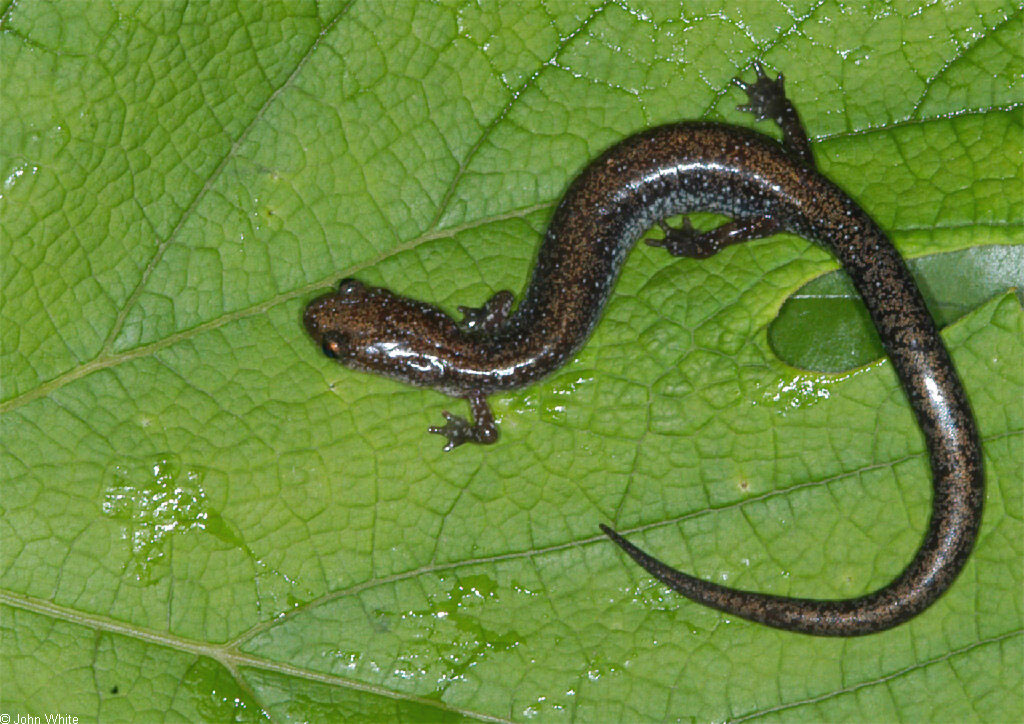Newts are members of the salamander family they are found in north america europe and asia

Newts: The Unique Members of the Salamander Family

Newts are fascinating creatures that belong to the salamander family. They can be found in various regions around the world, including North America, Europe, and Asia. These charismatic amphibians have captivated researchers and nature enthusiasts alike with their intriguing characteristics and diverse habitats.
What Sets Newts Apart?
Newts possess distinguishable features that set them apart from other amphibians. They typically have slender bodies, short limbs, and long tails. These adaptations enable them to excel in both aquatic and terrestrial environments. With their webbed feet, newts are exceptional swimmers, gracefully navigating through water bodies with ease. On land, their strong limbs facilitate smooth movement, enabling them to cover vast distances.

Habitats and Distribution
Newts thrive in an array of environments across North America, Europe, and Asia. They are most commonly found in forests, woodlands, and grasslands. With their wide distribution, newts have adapted to various climatic conditions, including temperate, subtropical, and colder regions. This adaptability has allowed these amphibians to inhabit a diverse range of habitats, from damp marshes and rivers to rocky crevices and even urban gardens.
North America: The United States and Canada are home to several species of newts. The Eastern Newt (Notophthalmus viridescens), for instance, is prevalent in the eastern parts of North America, while the Red-Spotted Newt (Notophthalmus viridescens) is commonly found along the eastern coast.
Europe: European newts are well-known for their vibrant colors and fascinating life cycles. The Smooth Newt (Lissotriton vulgaris) and the Great Crested Newt (Triturus cristatus) are among the most widespread species on the continent.
Asia: In Asia, the Japanese Fire-Bellied Newt (Cynops pyrrhogaster) is highly prevalent. This charismatic species boasts a striking red-orange underside, serving as a warning coloration to potential predators.
Newts in Popular Culture
Due to their unique characteristics and appearance, newts have become popular subjects in folklore, literature, and even mythology. In many cultures, these amphibians are associated with symbolism and superstitions. For example, the Chinese believe that newts possess magical healing powers and signify good fortune.
Throughout history, newts have also served as important research subjects. Scientists have extensively studied their regenerative abilities, as these remarkable creatures can regrow lost limbs, tails, and even parts of their heart and spinal cord. This regenerative potential has piqued the interest of researchers investigating potential applications in medical science.
Conclusion
Newts, the enchanting members of the salamander family, have mesmerized us with their adaptability, unique characteristics, and widespread distribution. As we continue to learn more about these remarkable creatures, we deepen our understanding of the natural world. Whether we encounter them in the wild or through literature and folklore, newts effortlessly capture our imagination, leaving us in awe of their incredible existence.
Source: ThoughtCo
Tags
Share
Related Posts
Quick Links
Legal Stuff

